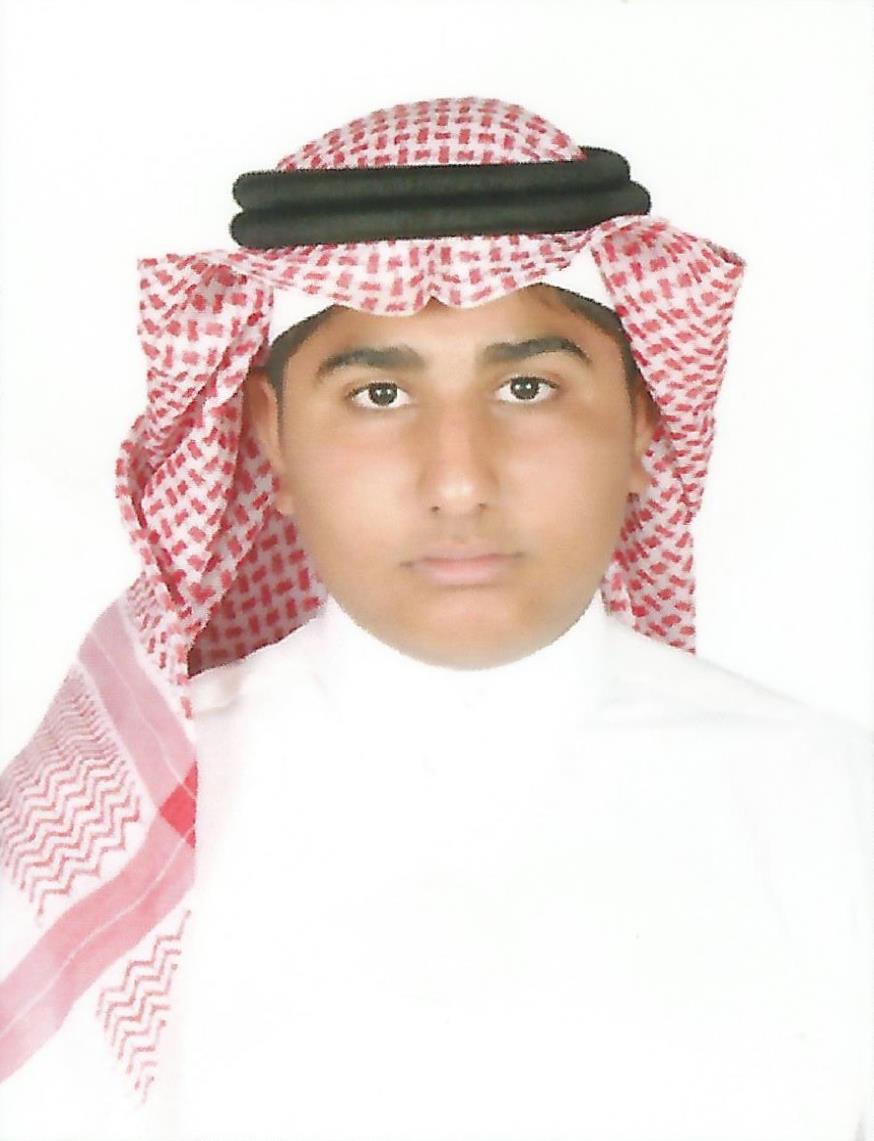
In September 2015 the death sentence issued against Abdullah AL-Zaher (who was arrested when he was a childaged 15 years), was endorsed by the appeals and high court, and his case file was sent to the ministry of interior for implementation after it was approved on 5thOctober2015. He was then suddenly transferred from the General Directorate prison in Dammam investigation to the new Al-Ha’ir prison in Riyadh, without any explanation, where he was placed in solitary confinement. His sentence endorsement and unexpected transfer raises serious concerns about safety, as his is execution is imminent and could be implemented at any moment.
Al-Zaher was arrested in March 2013, where he was shot at by Saudi security forces, who subsequently caught him and hit him with their weapons, until he fell on the ground bleeding.
Al-Zaher was then transferred to Awwamiyya city police station, where he was beaten by officer’s, with wire iron all over his body so that the effects were visible. He was subsequently transferred to Qatif police station for investigation and then transferred on to the social observation house (Juvenile detention centre), which is a dedicated prison for children.
The authorities resumed the interrogation by officers, and they brought a sheikh to confirm and ratify his words, then he was forced to sign a paper without reading it or consulting with his family. His young age was an additional factor, as due to the suffering during his time in the children’s prison and as a result of the physical and psychological torture, his weight significantly decreased and the effects of torture left visible signs; including a significant deviation in his nose which still remains.
On 12th September 2013, he was then transferred to the General Investigation prison in Dammam, where he suffering weight. Here, he was interrogated, and seven counts against him were issued as follows:
1. Participation in demonstrations in Qatif and chanting slogans that were hostile to the state.
2. Possession of Molotov.
3. Throwing Molotov cocktails at security men with the intention to breach security and corruption.
4. Covering up of individuals who burned a police car.
5. Covering up of people who manufactured the cocktails and threw them at security men.
6. Covering up for people who encouraged participation in the demonstrations and covering up for others such as the organisers and photographers.
7. Covering up for the people who monitored Awwamiyya city police station.
The charges which relate to cover-up, monitoring or non-reporting, means that thousands of people who merely witnessed or saw the demonstrations in Saudi Arabia could potentially be prosecuted. After the charges were read out, the prosecutor called for the death sentence of ‘banditry’ and the cruxcifiction of Abdullah Zaher.
On 01.29.2014the trial began, after 20 months of his arrest and without a lawyer, even though the law inside Saudi Arabia provides that the trial should not be delayed for more than 6 months suspension time. And the lapse of 20 months without a lawyer is a violation of his right to a lawyer from the beginning of detention.
After several sessions of the trial, in which the minimum conditions for a fair trial were not realised, the specialized criminal court in Riyadh issued the intial first verdict ‘Taazir’ (death penalty) against Abdullah Al-Zaher.
After more than 11 months since the issue of a preliminary ruling, the judiciary ratified his initial death sentence in September 2015, without informing his lawyer or family. His family came to know of the news much later.
On 5th October 2015, he was transferred from the General Directorate of Investigation prison in Dammam to a solitary cell in the new al-Ha’ir prison in the capital, Riyadh, which raises serious concerns about the cause of transfer, and whether it was for the purpose of implementation of the execution sentence.
The Saudi European Organization for Human Rights (ESOHR) stresses that the Saudi authorities have violated multiple international laws and conventions, namely, The Rights of the Child Convention, which prohibits the issuance of a death sentence on the basis they commit crimes as children. Furthermore, the violence Abdullah experienced during his arrest and investigation period constitutes a violation of the Convention against Torture and Other Cruel and inhumane treatment. The charges against Abdullah are not a cause of the death penalty in any case.
The trial of Al-Zaher also lacked basic due process and condition for a fair trial available, particularly related to the court’s dependence on a confession extracted under torture, which constitutes an important and major breach of the conditions of a fair trial.
ESOHR would like to emphasizes that the charges against Al-Zaher, do not warrant such a lengthy prison sentence (which has exceeded three years and seven months at the time of writing), in addition to that, many of the charges relate to his right to exercise freedom of opinion and peaceful assembly.
The Saudi European Organization for Human Rights calls Saudi government to:
– Abolition the death penalty for Abdullah Al-Zaher, which was based on alleged actions committed while he was a child and extracted under torture and duress.
– The immediate release to Al-Zaher, and a retrial which is in accordance with fair trial principles.
– To investigate allegations of torture Al-Zaher suffered both during the arrest and interrogation and detention period,and to bring to account those responsible.
